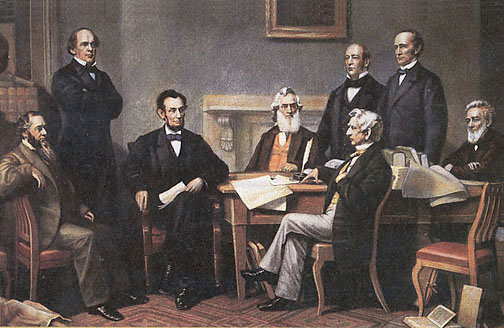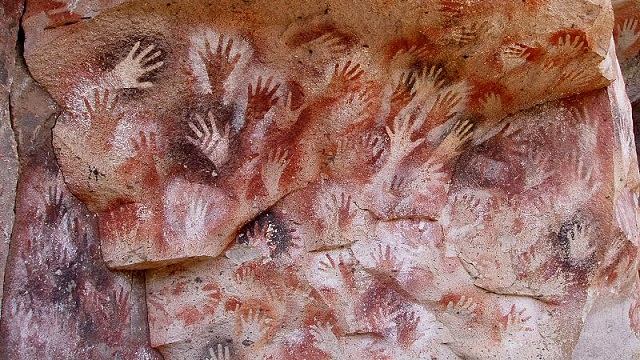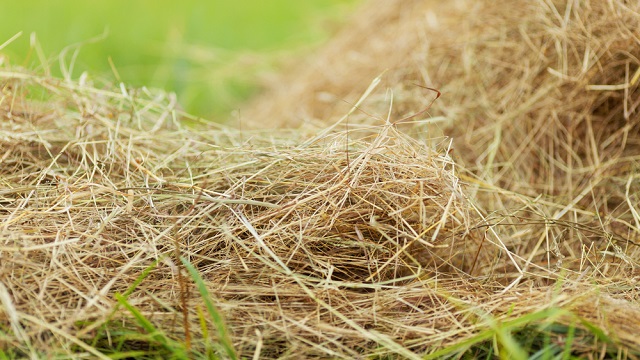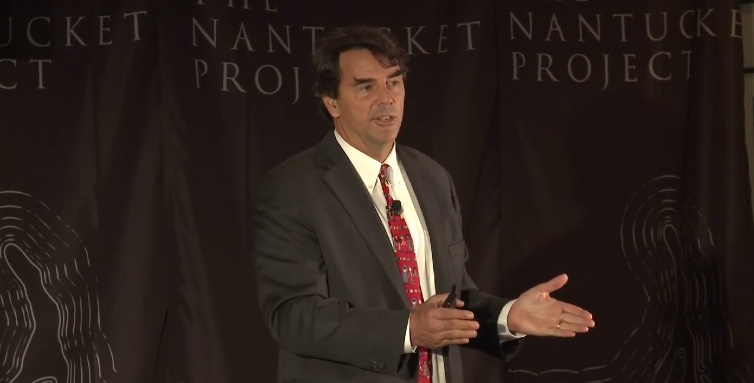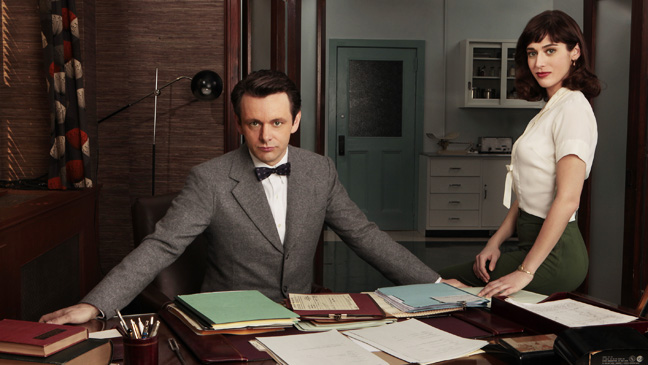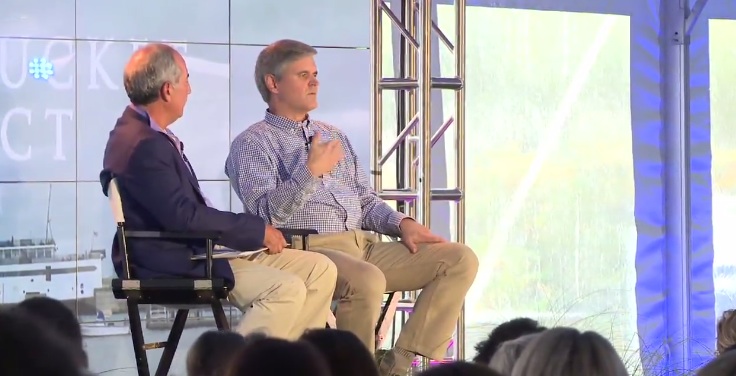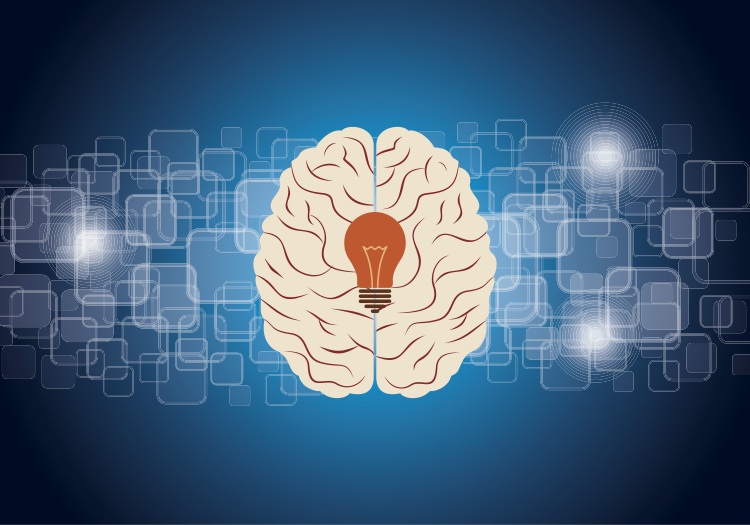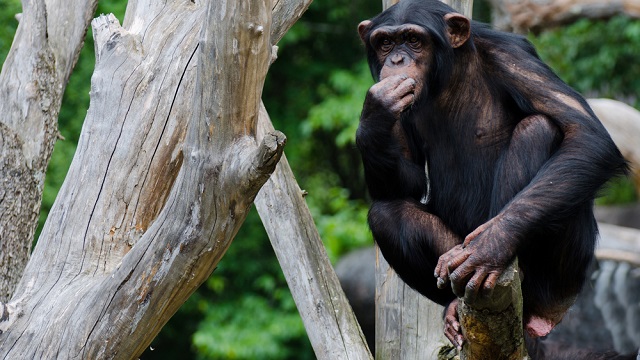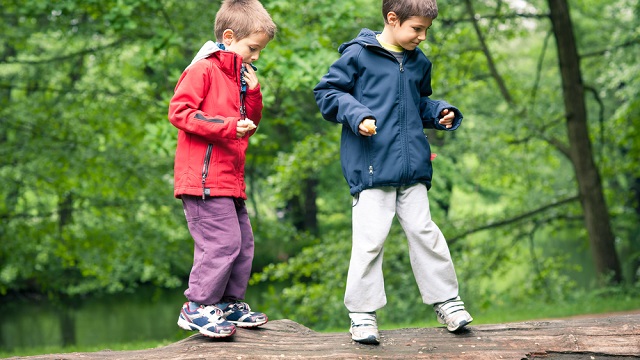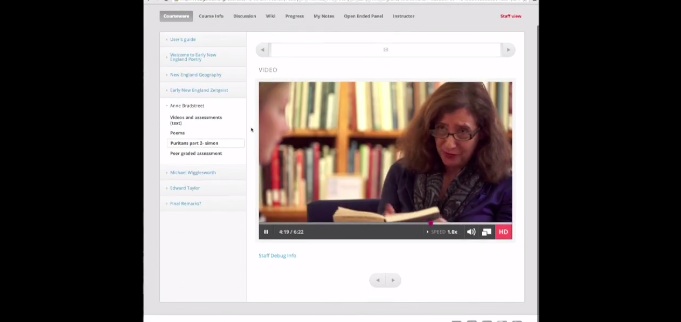A study from Cologne University reveals that unconscious memorization of brand names as they appear on a screen may be disrupted by the act of chewing popcorn.
All Articles
Don’t stop at the first explanation that occurs to you, ask your inner rivals what competing explanations they can come up with.
Thanks to some scientific sleuthing courtesy of a dedicated toxicologist, nicotine may have to surrender its infamous position.
We as a culture have invested the words of this book with amazing authority even though we don’t know what these words are and what they mean.
What is preventing us from formulating the optimum drug policy?
The government itself may have lost $300 million for every day that Congress dithered. These statistics certainly sound depressing, but their importance can be hard to grasp without some concrete points of reference.
Art history (and all history, for that matter) has shortchanged women for a long time. A recent article about the authorship of the earliest cave paintings—the earliest images made by […]
It’s important to challenge “good enough” explanations.
People are not so open to new ideas that they’re running around stealing them.
Zeoform can be made from plants or reclaimed waste and molded into any shape. The Australia-based company wants to license its technology in hopes that others can improve on it.
Taking on challenges is a critical life skill because no matter where we’re born or the kind of advantage or disadvantages we have in our lives, none of us can escape challenges.
Researchers at the University of Buffalo recently tested a submerged Internet network that uses sound waves to transmit data. They envision a host of applications, including oceanographic data collection and tsunami warning.
Can more competition help government services improve?
The restaurant combines food delivery via conveyor belts with tablets containing menu options. The staff person is there merely to collect customers’ payments, which are automatically tallied when empty plates are sent down a chute.
Together, the fleet of drones spent all of six hours taking over 2,000 high-resolution photos, which were then assembled into a 300-million-point 3D model.
For most of our history, humans have been extraordinarily ignorant about sex. Today, there is still much about sex that we either don’t know or don’t agree on.
Unlike a traditional pacemaker, which requires surgical insertion and involves hooking up lead wires, the Nanostim device is installed via a catheter and attaches directly to the heart muscle.
Steve Case points out that some things, like media, have changed a lot since the first Internet revolution. And yet, there are many, many more industries that have not changed all that much, and are ripe for disruption.
Heavy multitaskers become worse at the very thing that they should be very good at.
Where do new ideas come from? One tactic is to train your brain to innovate through the use of thought experiments.
Retirement looks a lot like work today. Studies, surveys and individual behaviors indicate that the next wave of retirees will be reporting for work longer than they or their employers […]
For the reader, art connoisseur, music fan, or student, this is a “money for nothing and your chicks for free” kind of world (Google the lyrics if you’re too young […]
Scientists put an interactive robot in an enclosure inhabited by 16 chimpanzees. Their reactions were surprisingly similar to those of humans, opening up potential new ways to observe them without humans being present.
“It never hurts to dream impossible dreams,” Booker told Big Think, as “you never know they might come true.” So if he could have one superpower it would be “control over time,” Booker said. “Because that’s really my only enemy.
This past summer the British government indicated it would be moving forward to finally grant a pardon for Alan Turing, but not for the 49,000 other gay men, including Oscar Wilde, who were convicted under the 1885 Criminal Law Amendment Act.
A three-year project conducted by the Royal Society for the Protection of Birds found that only one in five kids had a “realistic and achievable” connection with nature. Unsurprisingly, adults’ attitudes may be to blame.
A report suggests that by 2030, nearly 325 million people could be living in the countries expected to be the most affected by natural hazards. In response, focus should be placed on disaster prevention, not just disaster relief.
A network of probes that communicate with each other using the power of the stars isn’t within the reach of current technology, but it could be someday, according to a new paper.
University of Tokyo researcher Huai-Chien Chang says that a missile outfitted with supplies and programmed to land softly could provide help within an hour.
How do you lift a poem out of history and “into your own history”?

